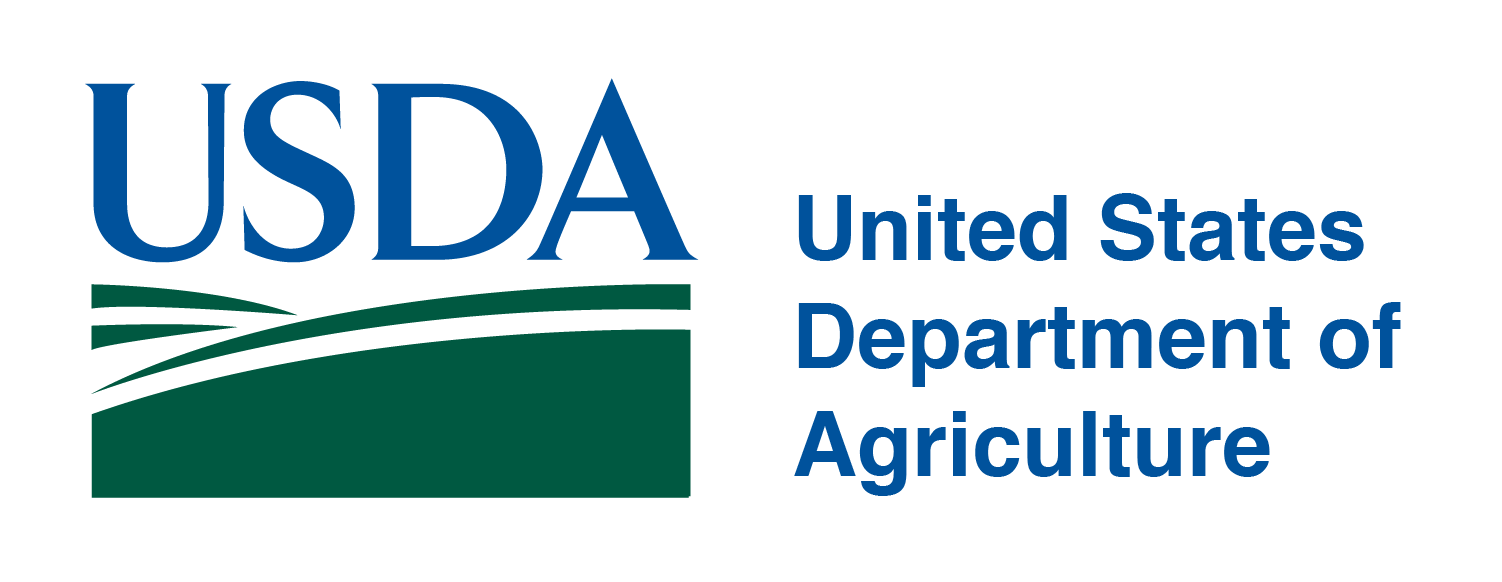
New report from USDA’s Economic Research Service
Although healthcare is one of the largest and fastest-growing sectors in the rural U.S., many rural communities suffer from poor access to healthcare, in part due to difficulties recruiting and retaining healthcare professionals.
A report issued today by USDA’s Economic Research Service, Linkages Between Rural Community Capitals and Healthcare Provision: A Survey of Small Rural Towns in Three U.S. Regions, focuses on how rural communities can attract and retain healthcare professionals. The study is based on key informant interviews and a survey of healthcare professionals in 150 rural small towns in 9 U.S. states.
Here are a few key findings from the report:
- Social capital (the value of personal and professional relationships) was widely perceived by both key informants and healthcare professionals as important for the recruitment and retention of the professionals. Many key informants and most healthcare professionals highlighted the importance of relationships with family, friends, colleagues, and patients in recruitment and length-of-stay decisions.
- Physical capital such as the availability and quality of housing, medical facilities, and equipment was widely cited as a factor, though less often than social capital.
- Human capital, reflected in the quality of both schools and healthcare professionals, is also widely perceived as important for recruitment and retention, though cited less often than social capital. Key informants more often cited the importance of school quality for recruitment—while healthcare professionals often cited the quality of the medical community, colleagues, and staff as important to accepting and retaining employment.
For more information, please refer to the full report.
